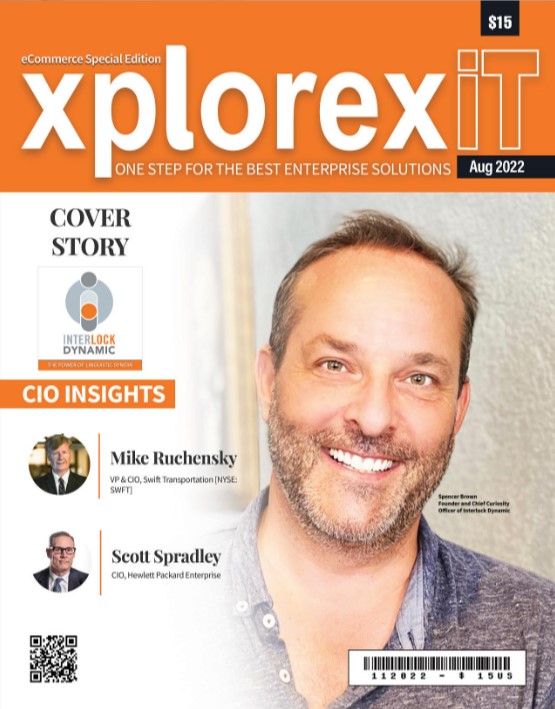
The term best practices were first used in reference to agricultural practices in the early 1700s. Sometime during the 1980s, it was adopted by management consultants and business gurus to explain the common practices and methodologies that the top companies used to stay ahead of the competition. Today, a best practice is an irrefutable requirement of doing business.
Best practices are often built into enterprise resource planning (ERP) applications or are required process and procedure changes that must take place to use the ERP application in the way it’s designed to be used. However, the true value of best practices may be overinflated.
What Constitutes a Best Practice?
By definition, best practices are the most effective methods of achieving a desired result. For example, when you think of ERP best practices, one of the first things that comes to mind is management buy-in. Everyone knows that if you’re going to implement ERP, you must have corporate executives on board from the beginning. Another best practice is planning. In fact, planning is so important that many organizations spend months sometimes years planning the implementation of their ERP applications.
One problem with best practices is that they’re often considered the best way to gain a competitive edge over the competition. If everyone subscribes to the same best practices, though, do they truly give you a competitive edge?
Making Best Practices Valuable
In a sense, what most ERP consultants and vendors refer to as best practices are really standard practices. It should be standard practice to have executive buy-in when implementing ERP. It should be standard practice to plan the implementation process as thoroughly as possible. It should also be standard practice to include training in the implementation process. These strategies, which are often referred to as best practices, are really just the practices that every organization should follow during an implementation.
Best practices become truly precious when they form the foundation for creating truly valuable practices. Best practices should lead to reliable and predictable results, but they will rarely lead to exceptional results. To move from predictable to exceptional, organizations need to look at the practices that are valuable to them, and then find a way to improve on them. Rather than relying solely on the best and usually standard practice, they can use it as a springboard to build something better.
For example, if one of the best practices you’ll rely on during ERP implementation is to look at your processes to determine where the application can improve them, take that concept a step further and look at where your organization can improve processes or procedures outside the ERP implementation. Look beyond the best practice to how creativity and innovation can take your organization to the next level. What can you do, based on a foundation of proven practices, to improve those best practices and give your organization a competitive edge? It’s in answering this question that you’ll find the practices that are truly valuable.




































